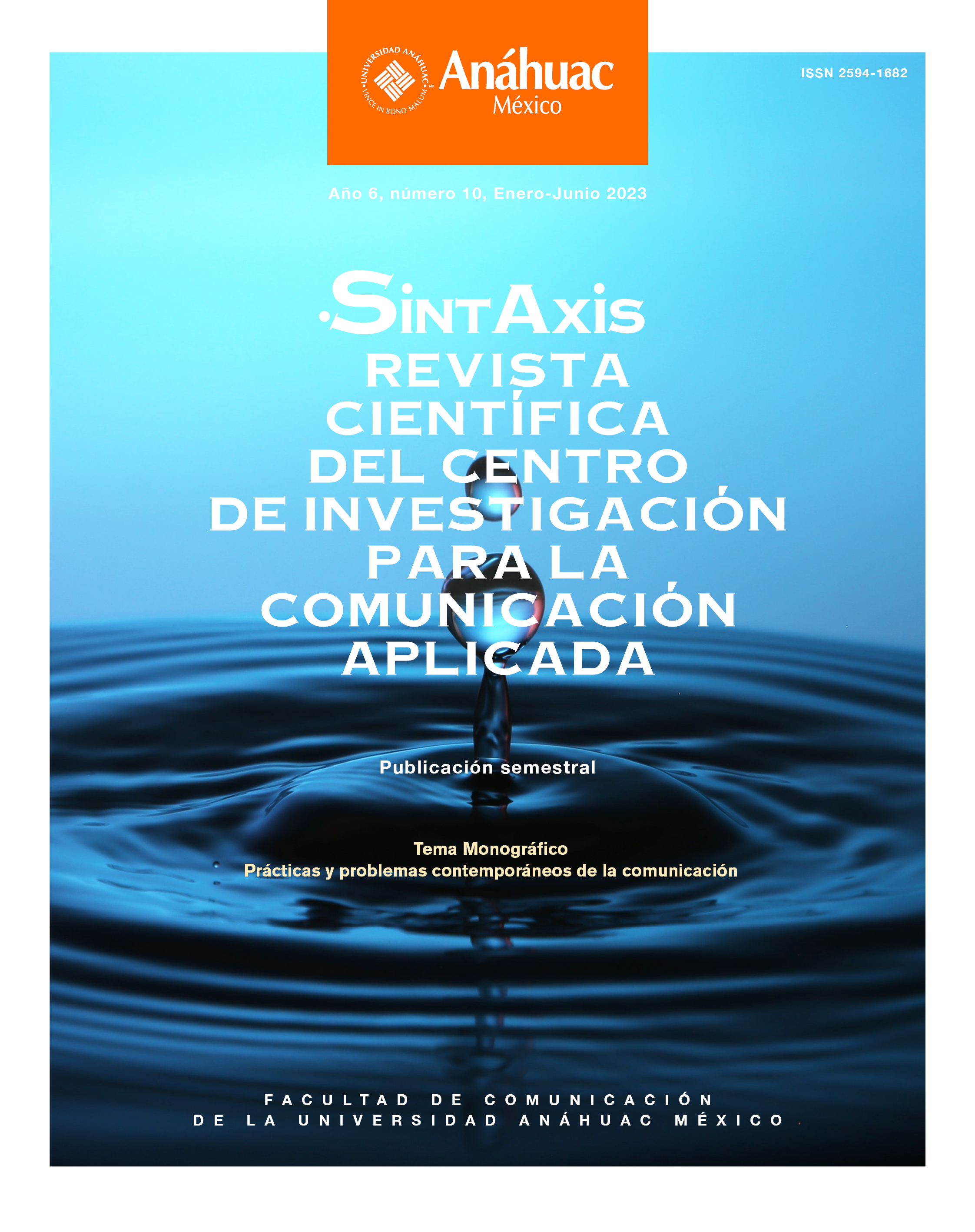Parallel lives: an approach to the life histories of two university academics in Mexico from a transdisciplinary perspective of capitals
Main Article Content
Abstract
The objective of this paper is to analyze the different resources that the academic staff possesses, to determine which capital or capitals have greater weight in the professional life within the public universities of Northwest Mexico, taking Pierre Bourdieu's capitals as a theoretical foundation. It is a qualitative study with descriptive scope carried out with participant observation and hybrid life history/depth interview, techniques that allowed revealing the intelligible structure of the trajectories of the different resources or dispositions that the actors put into play to gain or remain in a position within the social space materialized in the specific field of the university. The main finding was that political capital is determinant for the position of power, promotion and status of academics within the habitus of the public universities studied in the State of Sinaloa.
Downloads
PLUMX Metrics
Article Details

This work is licensed under a Creative Commons Attribution-NonCommercial-NoDerivatives 4.0 International License.
The author keeps the property rights with no restriction whatsoever and guarantees the magazine the right to be the first publication of the work. The author is free to deposit the published version in any other medium, such as an institutional archive or on his own website.
References
Acosta Ochoa, A., Buendía Espinosa, A. (2016). Perspectivas institucionales y educación superior desde miradas globales a espacios locales: el caso de México. Revista de la Educación Superior, 45(179), 9-23. https://doi.org/10.1016/j.resu.2016.04.007
Barra, A. (2019). La Importancia de la Productividad Científica en la Acreditación Institucional de Universidades Chilenas. Formación Universitaria, 12(3), 101-110. https://doi.org/10.4067/S0718-50062019000300101
Bourdieu, P. (1986). The forms of capital. Handbook of Theory and Research for the Sociology of Education, 41-58. Greenwood.
Bourdieu, P. (1997). Razones prácticas sobre la teoría de la acción. Anagrama.
Bourdieu, P. (2016). La distinción: criterios y bases sociales del gusto. Penguin Random House.
Cuesta, Ó. (2018). Reconocimiento social del docente universitario: subjetividad agobiada, puja por el prestigio académico y reivindicación del acto educativo. Agora U.S.B., 18(1), 55. https://doi.org/10.21500/16578031.3292
Levy, D. (1994). La educación superior dentro de las transformaciones políticas y económicas de los años noventa. http://repositorio.cedes.org/handle/123456789/3401
Maldonado, C., Chávez, R. (2020). Trabajo docente y nueva gestión pública en Chile: una revisión de la evidencia. Educação & Sociedade, 41, 1-24. https://doi.org/10.1590/es.219509
Moulaert, F. (2010). Social innovation and community development: concepts, theories and challenges. Can neighbourhoods save the city? Community development and social innovation. (pp. 4–16). Routledge.
Rangel, A. (2018). Fundamentos y tendencias del nuevo institucionalismo. Encrucijada, Revista Electrónica del Centro de Estudios en Administración Pública, 29, 16. https://doi.org/10.22201/fcpys.20071949e.2018.29.64785
Recéndez, M., Acosta, I. (2020). La universidad pública un mercado de trabajo en proceso de precarización (Caso UAZ). La Educación Superior en México. Políticas, desarrollo regional y mercado laboral. Benemértia Universidad Autónoma de Puebla.
Sennett, R. (1998). La corrosión del carácter: Las consecuencias personales del trabajo en el nuevo capitalismo. Anagrama.
Sisto, V. (2017). Gobernados por Números: El financiamiento como forma de gobierno de la Universidad en Chile. Psicoperspectivas. Individuo y Sociedad, 16(3), 64-75. https://doi.org/10.5027/psicoperspectivas-Vol16-Issue3-fulltext-1086
Suárez-Landazábal, N., Buendía, A. (2020). Efectos de los procesos de evaluación y acreditación en los académicos. Un estudio de caso en una institución de educación superior colombiana. Education Policy Analysis Archives, 28, 113. https://doi.org/10.14507/epaa.28.5353
Taylor, S., Bodgan, R. (1987). Introducción a los Métodos Cualitativos de investigación. Paidós.
Vargas-Hernández, J. G. (2014). Reflexiones sobre el impacto del nuevo institucionalismo económico, sociológico e histórico institucional en la política social. Iberoamérica Social: Revista-Red de Estudios Sociales, II, 117–138. https://iberoamericasocial.com/ojs/index.php/IS/article/view/124
Walker, V. (2017). La evaluación como mecanismo de regulación del trabajo académico. Estudio de casos en universidades de Argentina y España. Archivos Analíticos de Políticas Educativas, 25(108). https://doi.org/10.14507/epaa.25.2681

